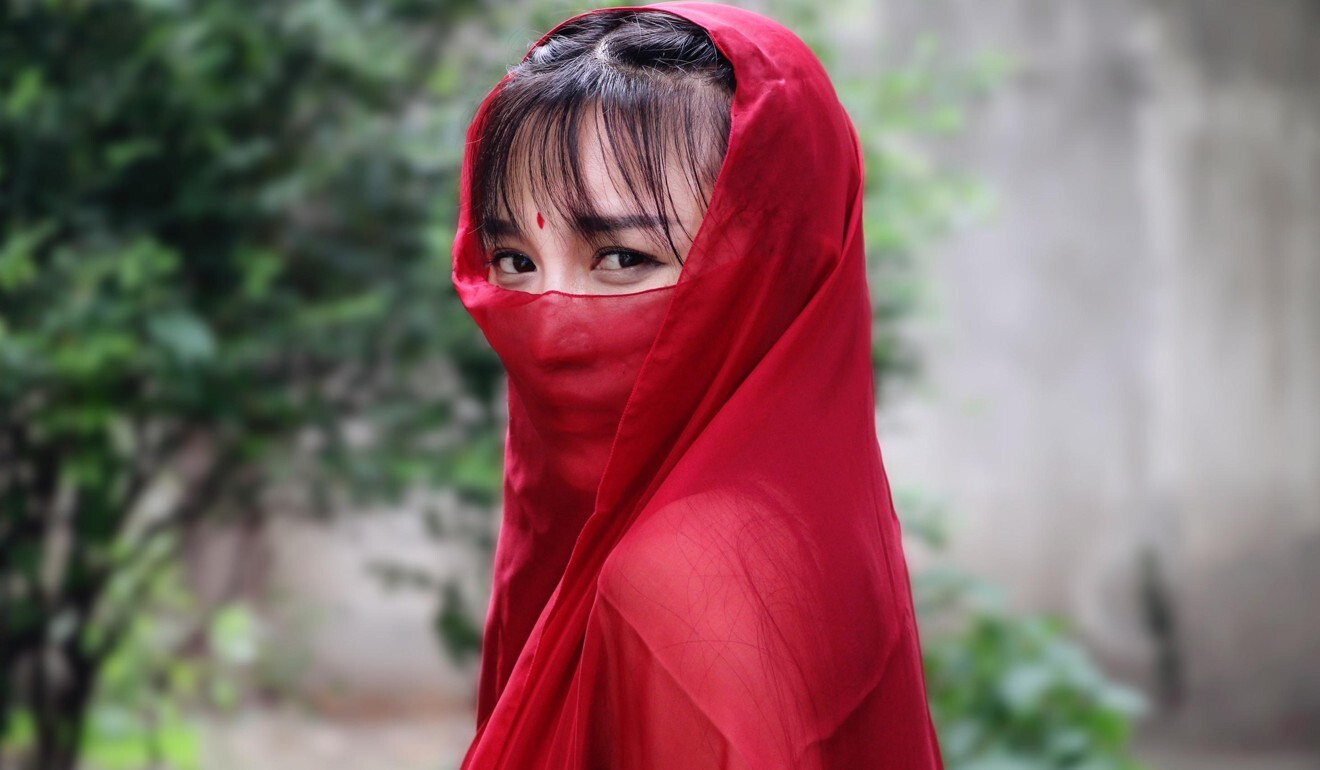
How Li Ziqi, China’s hottest online celebrity, fell out with her agent and burned tech giant ByteDance in the process
- Li Ziqi was seen as a Chinese soft power ambassador on YouTube with over 16 million subscribers, a feat that got her into the Guinness World Records
- The reasons for the break-up are unclear, although profit sharing and Li’s reluctance to over-monetise her online presence could be factors
In the widely watched case involving one of the country’s top online stars, who is seen as a Chinese soft power ambassador on YouTube with over 16 million subscribers, the relationship between capital, culture and commerce in China’s rapidly changing internet has come under the spotlight as people debate to what extent money should control influence in the online world.
Earlier this year ByteDance, which also runs popular Chinese short video app Douyin, decided to back Hangzhou Weinian Brand Management Co, a firm based in the capital of eastern Zhejiang province, the epicentre of China’s online influencer community.
Operating like a Hollywood talent agency, Weinian’s biggest asset was Li, whose picturesque videos of rural Chinese life won her tens of millions of fans in China. For the overseas audience, Li broke her own Guinness World Record set last year for the “most subscribers for a Chinese-language channel on YouTube”.
Weinian was founded by Liu Tongming, aka Liu Daxiong, according to corporate registry information available on Tianyancha. Liu, who is in his early 30s, is considered an expert in cultivating online celebrities and turning them into money-making machines in China’s booming online ad market and on its live streaming e-commerce platforms.
Tax crackdown looms for China’s top celebrities and online influencers
With Liu at the helm and a big social media star like Li, Weinian was sought after by private equity investors in its latest round of fundraising over the summer.
Beijing Liangzi Yuedong Technology, a subsidiary of ByteDance, acquired a 1.37 per cent equity stake in Weinian, pushing its valuation to a reported 5 billion yuan (US$782 million), an astonishing sum for a company that describes itself as doing “branding for the food and beverage industry”.
The seemingly happy union of a shrewd manager, a popular celebrity and a group of deep-pocketed investors, however, did not work out as Li, who was born in 1990, posted her last video as an internet celebrity on July 14.

The reasons behind the break-up between Li and Weinian are unclear, although profit sharing and Li’s reluctance to over-monetise her online presence could be factors. In an interview with Chinese state television last week, Li said she would prefer to live a private life as a farmer in China’s “new socialism country”.
Li said she would like to promote China’s non-material heritage, and she advised China’s young people not to try to become online influencers.
In the interview, Li did not mention Weinian. Instead, she said her talents and influence would be used in serving the country’s goal of rural development and “common prosperity”.
What’s the story behind Li Ziqi and her record-breaking YouTube videos?
The break-up between Li and her agency, which is now acting only as Li’s partner in a separate joint venture, was what forced ByteDance to retreat, revealing the fragility of a business model that relies excessively on individuals. In Hangzhou, where thousands of agencies are trying to make their own stars, there is a huge pool of ambitious young people, mainly females in their 20s, vying to become online influencers.
But there is always tension between agencies and their top influencers. If a star becomes too popular, she could just leave and set up an independent operation, which has led to a saying among investors in online influencer studios, “if you want to keep your top influencer, the best way is to marry her”.

09:22
Viral China this week: Escape urban life with Chinese online star Li Ziqi, and more
“There have been similar disputes between first-tier influencers and their agents,” said Li Chengdong, chief executive of e-commerce consultancy Dolphin Think Tank.
“It’s understandable that creators want more independence and benefit after gaining popularity, but they should also attribute their success to the agencies’ expertise and resources. They need to stick to the spirit of the contract.”
A ByteDance representative confirmed on Thursday that the company began the process of withdrawing its investment in Weinian on October 16, without providing further details. Li and Weinian did not reply to a request for comment.
Li gained popularity starting in 2015 after she began posting videos of her cooking, doing handicrafts and living a peaceful lifestyle in the inland Chinese province of Sichuan. Weinian signed her in 2016 and began promoting the videos on Weibo, the Chinese equivalent to Twitter.
In 2017, Li and the agency created a joint venture called Sichuan Ziqi Culture Communication Co, with Li owning 49 per cent, according to corporate registration information. At the same time, Li terminated her agency agreement, according to a statement issued by Weinian in July, when announcing its latest funding round.
However, Li kept posting videos under her own name until three months ago. The joint venture business has trademarked Li’s name, which is licensed to producers of instant rice noodles, canned chicken soup, and sweet potato-flavoured sponge cake.

